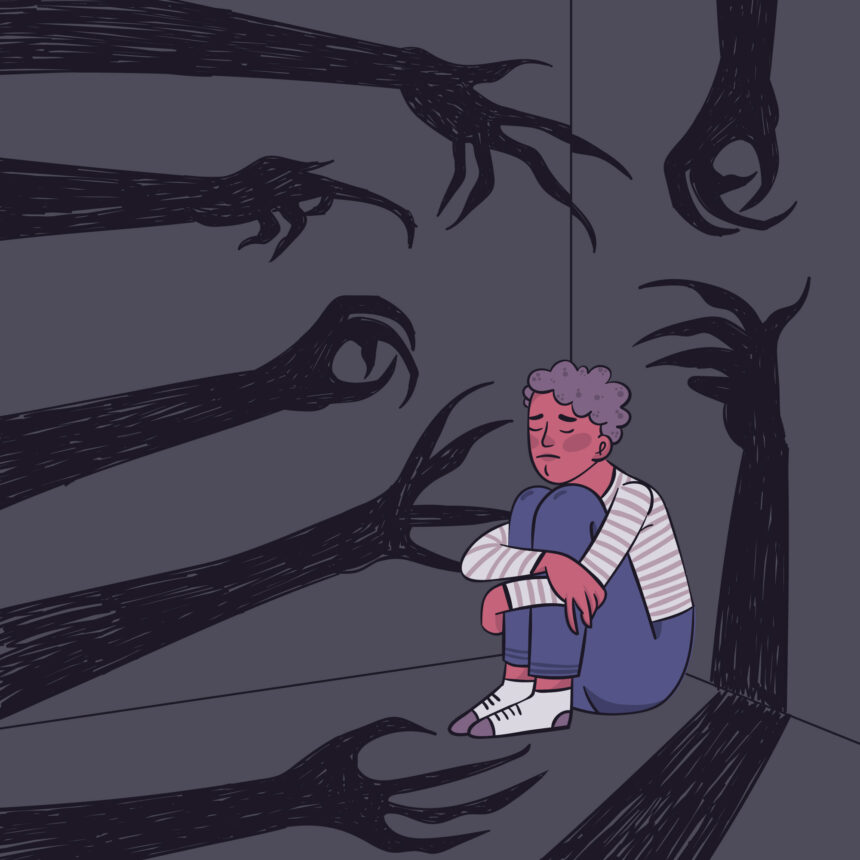Depression is a serious mental health condition that affects millions of people worldwide. In South Africa, where mental health issues are a growing concern, it is essential to understand the available services and support networks for individuals struggling with depression. Recognizing the need for effective care and destigmatizing mental health, South Africa has been working towards improving mental health services and fostering support networks throughout the country.
Mental health services in South Africa have historically been limited, with mental health often overlooked or stigmatized. However, in recent years, there has been a significant shift in recognizing the importance of mental well-being and establishing comprehensive support systems. The South African government, along with various non-profit organizations and mental health professionals, has taken strides to address the challenges faced by individuals battling depression.
Public healthcare facilities in South Africa now provide mental health services, including assessment, counseling, and treatment for depression. Many primary healthcare clinics have integrated mental health into their services, making it more accessible for individuals seeking help. These facilities offer a range of interventions, such as therapy, medication management, and referral services to specialized mental health institutions.
Moreover, South Africa has seen an increase in the number of private mental health practices and clinics, particularly in urban areas. These private facilities often offer a wider range of treatment options, including psychotherapy, cognitive-behavioral therapy (CBT), and group therapy sessions. While private services may come at a cost, they provide an alternative for those who can afford it and seek specialized care.
In addition to formal mental health services, support networks play a crucial role in addressing depression in South Africa. Various organizations, both local and international, are actively involved in raising awareness and providing support for individuals with depression. Non-profit organizations such as the South African Depression and Anxiety Group (SADAG) have made significant contributions to the mental health landscape, offering helplines, support groups, and educational resources.
SADAG operates a toll-free helpline available 24/7, allowing individuals to seek immediate assistance and guidance. Trained counselors provide a listening ear, offer advice, and connect callers with appropriate mental health resources. This helpline has proven to be a lifeline for many South Africans struggling with depression, especially those who may not have access to other support services.
Online platforms have also emerged as an invaluable resource, providing a safe space for individuals to share their experiences, access information, and connect with others facing similar challenges. Online communities and forums allow individuals to seek support anonymously, reducing the fear of stigma and fostering a sense of belonging.
Despite the progress made in mental health services and support networks, South Africa still faces several challenges in addressing depression effectively. Limited resources, including a shortage of mental health professionals, pose significant obstacles to accessible and quality care. There is a need for increased funding and training opportunities to strengthen the mental health workforce and expand service provision, particularly in rural and underserved areas.
Stigma surrounding mental health remains prevalent in South African society, discouraging individuals from seeking help. Creating awareness campaigns, implementing anti-stigma initiatives, and integrating mental health education into schools and workplaces are crucial steps towards dismantling these barriers and promoting a more inclusive and supportive environment.
In conclusion, South Africa has made noteworthy progress in establishing mental health services and support networks for individuals struggling with depression. The integration of mental health into public healthcare systems, the growth of private practices, and the presence of organizations like SADAG have contributed to improving access to care and reducing the stigma associated with mental health. However, further efforts are needed to address resource limitations, enhance training opportunities, and combat the pervasive stigma surrounding mental health. By prioritizing mental well-being and investing in comprehensive support systems, South Africa can continue to make significant strides in the battle against depression and promote the overall mental health of its population.










